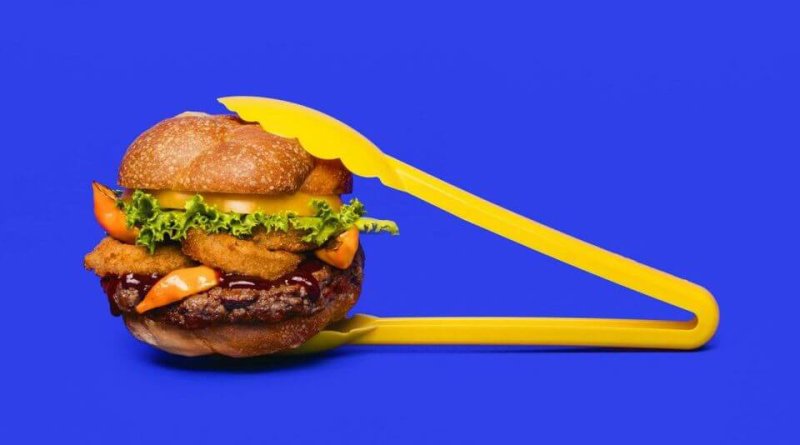“It will never be more than niche.” That’s what a cattleman friend of mine recently said about meat alternatives. I’m not sure nationwide availability at Burger King fits in the niche category. The chain is garnering plenty of press for its plan to offer the Impossible Whopper – a plant-based burger – nationwide. Is this a fad or trend, and how should the meat industry respond?
First, this is bigger than the Impossible Whopper. The move is part of a larger shift, based on concerns about the sustainability of food production …. Whether it turns out to be a tidal wave or gentle current depends, at least in part, on how the meat sector responds. Do they see the strategic opportunity, or will they get defensive and make this another “Get off my lawn!” moment.
…
Developing a strategy requires honest analysis of the situation. Burger King didn’t decide to add the Impossible Whopper to the menu to achieve some political or social agenda, but rather to ride the wave of a growing trend of consumers who want to know that their food is good for them and good for the world …. So, what is the [meat] industry going to do about it?
Read full, original article: Fake Meat? It’s a Whopper!































